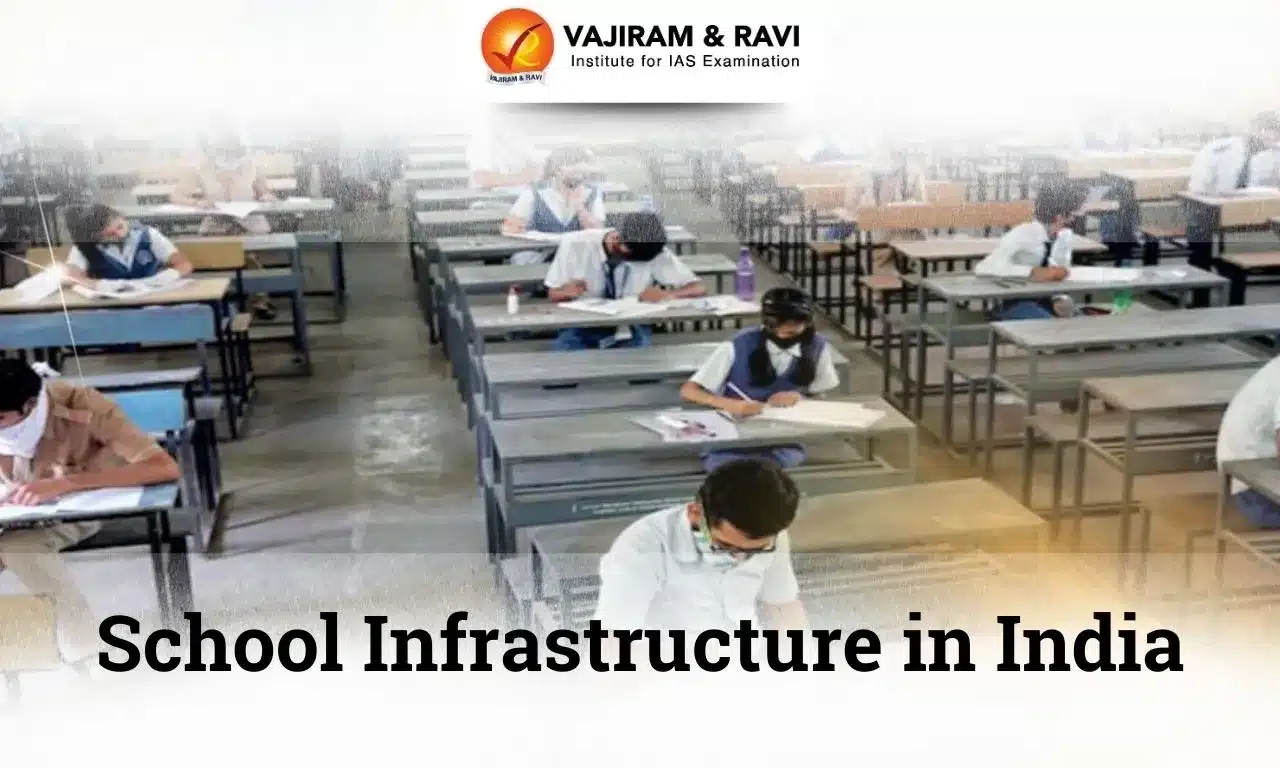What’s in today’s article?
- Why in News?
- What is Opinion Trading?
- Legal and Regulatory Challenges of Opinion Trading in India
- Industry Perspective
- Global Experience and Lessons for India
- Way Ahead for Regulating Opinion Trading in India
Why in News?
- With an estimated 5 crore users and an exponential growth in investment, the opinion trading sector appears to have mostly gone unnoticed and unreviewed in India.
What is Opinion Trading?
- Opinion trading allows users to bet real money on the outcomes of future events across various sectors, such as sports, elections, and cryptocurrency.
- Popular platforms in India include Probo and MPL Opinio, which have collectively attracted over ₹4,200 crore in funding from major investors like Sequoia Capital and Y Combinator.
- Apps like MPL Opinio are available on both Google Play Store and Apple’s App Store, while Probo is excluded from Google Play.
- Advertising on platforms like Google and Meta helps these companies acquire users.
- With over 5 crore users and transaction volumes exceeding ₹50,000 crore annually, the sector is witnessing exponential growth but remains largely unregulated.
- It is projected to generate over ₹1,000 crore in revenues for the financial year 2024-25.
- Despite the regulatory challenges, the industry’s rapid growth highlights its potential as a significant contributor to India’s online gaming economy.
Legal and Regulatory Challenges of Opinion Trading in India:
- Lack of central legislation:
- India currently lacks a dedicated legal framework to regulate opinion trading platforms, leaving users without adequate protections.
- Amendments to the Information Technology Rules were proposed to regulate online gaming but remain ambiguous in their enforcement.
- As a result, platforms operate in a legal gray area with limited oversight.
- Game of skill vs. game of chance:
- The legal status of opinion trading hinges on whether it is classified as a game of skill or chance. In India, games of skill are generally legal, while games of chance are not.
- Critics argue that opinion trading resembles betting, as it involves wagering/betting on outcomes without requiring significant skill.
- Avoidance of stock market topics: To minimise regulatory scrutiny, platforms avoid questions related to the Indian stock market, which could invoke the jurisdiction of the Securities and Exchange Board of India (SEBI).
Industry Perspective:
- Probo asserts that its platform involves skill, using internal audits and Supreme Court-defined metrics to determine the “skill score” of its questions.
- According to some legal experts,
- The absence of a “house” (an entity controlling outcomes) distinguishes opinion trading from traditional betting.
- These platforms have drawn regulatory scrutiny, such as the Competition Commission of India’s (CCI) investigation into alleged market distortions.
Global Experience and Lessons for India:
- Countries like the US and Australia, classify wagers/bets as securities and regulate them accordingly.
- In the US, platforms like Kalshi are regulated by the Commodity Futures Trading Commission (CFTC).
- However, non-compliance with regulatory standards, as seen with Polymarket, can lead to legal action.
Way Ahead for Regulating Opinion Trading in India:
- The rapid rise of opinion trading platforms underscores the urgent need for a clear regulatory framework.
- Stakeholders, including platform founders and gaming industry representatives, have called for central laws to govern this sector.
- A balanced approach is essential to ensure user protection while fostering innovation and growth in the burgeoning online gaming industry.
Q.1. What are the Amendments to the Information Technology (IT) Rules?
The IT (Intermediary Guidelines and Digital Media Ethics Code) Rules, 2021 is secondary or subordinate legislation that suppresses India’s Intermediary Guidelines Rules 2011. The 2021 rules have stemmed from the IT Act, 2000 and propose to prohibit false/fake information and also regulate online gaming.
Q.2. What is the Competition Commission of India (CCI)?
The CCI is a statutory body that enforces the Competition Act of 2002 to promote competition in markets, protect consumer interests, and ensure freedom of trade.
News: New game in town: Opinion trading sees surge in users, funding — under the radar
Last updated on Dec 26, 2024
→ UPSC Civil Services 2024 Interview Schedule has been released on 21st December 2024. As per the schedule, the UPSC CSE interviews will be held from January 7 to April 17, 2025.
→ The UPSC Civil Services Notification 2024 was released for 1056 vacancies.
→ Candidates who have completed graduation are eligible for the exam.
→ The candidates are required to go through a 3 stage selection process - Prelims, Main and Interview.
→ Go through the UPSC Previous Year Papers and UPSC Civil Services Test Series to enhance your preparation.
Tags: mains articles regulating opinion trading platforms in india upsc current affairs upsc mains current affairs





